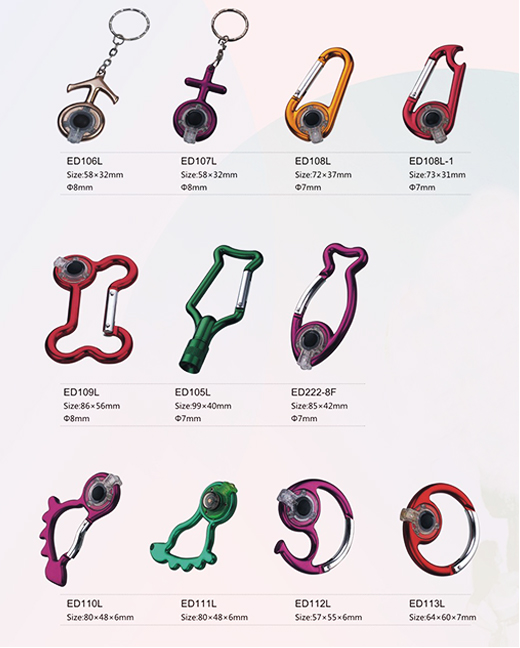

1. Basic matters
1. Although hiking does not require special skills, proper training and preparation will help
Cope with the various changes of nature and reduce the chance of accidents.
2. The safety guidelines and emergency response measures provided in this article can help hikers reduce accidents
The occurrence of promotes hiking safety.
2.Team Leader
1. Before traveling, the team leader needs to plan a detailed itinerary for each route, and specify the descending route and traffic guide after a midway accident.
2. If the route is difficult, the number of participants is large, and there are more than 10 players, the club will add a deputy team leader.
3. For the regular route of the club, set up uniform markers along the way.
4. Control the speed of the team and maintain the rhythm to avoid disconnection from the beginning to the end, and keep in touch through the walkie-talkie.
5. Pay close attention to the physical condition of the team members. If you find that there are people in poor condition, you should send a special person to take care of them to ensure that no one is left behind.
6. Pay attention to changes in the surrounding environment and listen to radio weather and news reports in advance to take emergency measures as soon as possible.
7. In case of bad weather, you should carefully consider shortening or canceling the planned itinerary.
8. If you fail to return on time due to an emergency or sudden change in weather, you should try to notify the participant’s family or a contact person.
9. Do not change the established route or try to take shortcuts overgrown with weeds, and the leader shall not take risks at will.
10. Resolutely stop the players’ personal adventurous behavior, dissuade them from listening, persuade them to leave the team, and disqualify them from participating in the event.

3. Equipment
1. Wear non-slip hiking shoes with ankle protectors and uneven soles.
2. If possible, bring hiking sticks.
3. Wear clothes and footwear suitable for hiking, avoid shorts and shorts. Wear a hat, shade in summer and keep warm in winter.
4. Mobile phones can be said to be the quickest help tool, but you should pay attention to the coverage of their services. There is often no signal in some mountains, especially valleys. In addition, pay attention to saving the power of the phone.
5. Personal belongings: such as maps, compasses, water, food, headlights (flashlights), spare batteries, rain gear, radios, first aid kits, whistle, mobile phones, notebooks and pens.